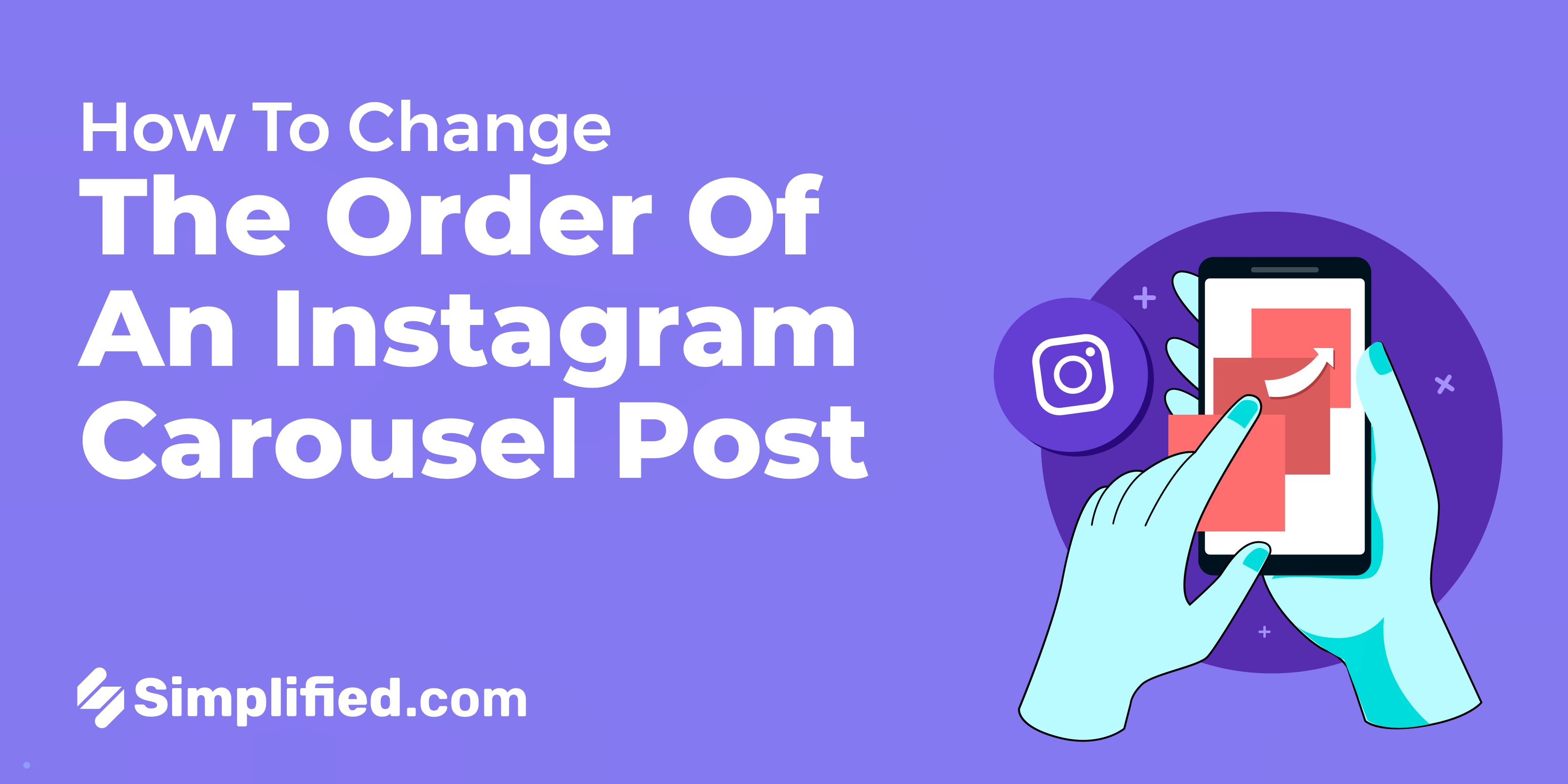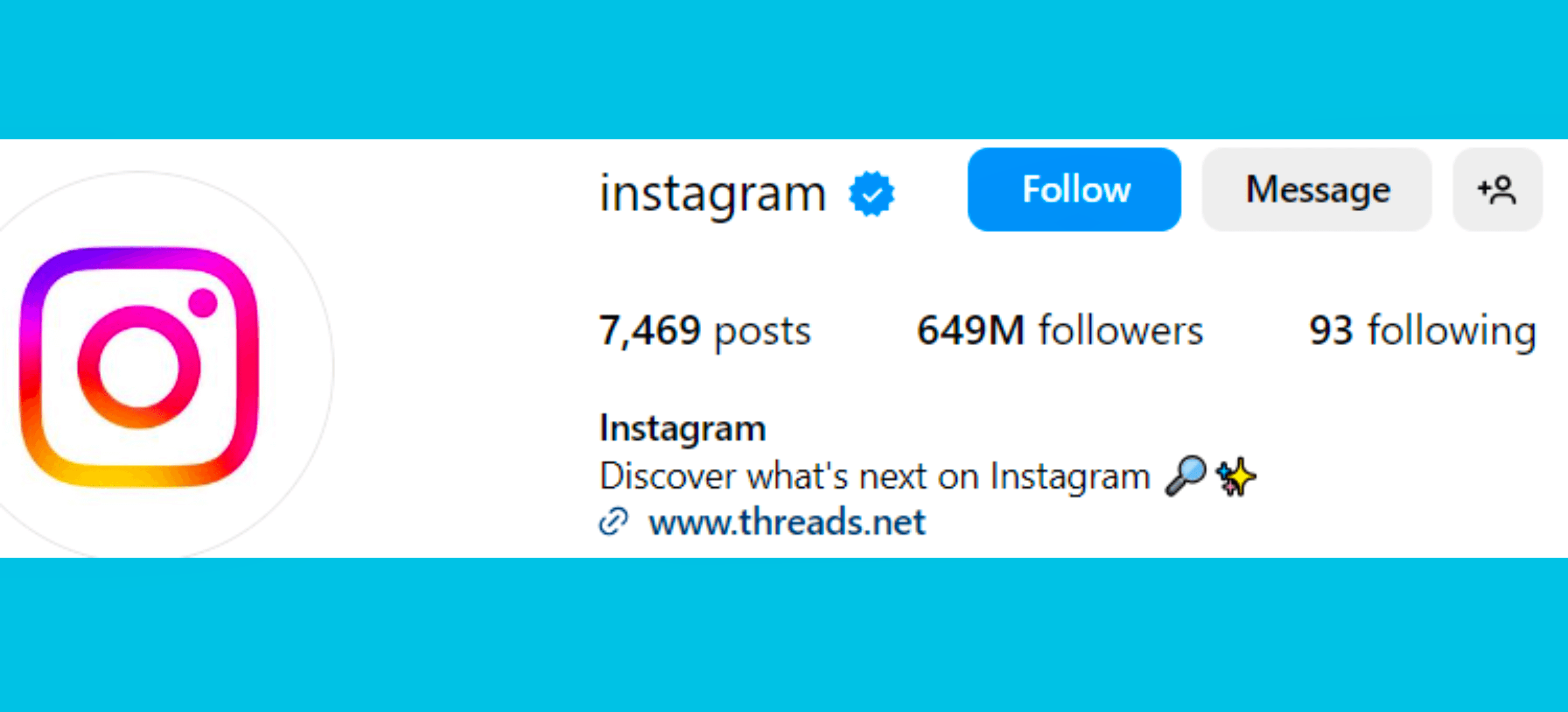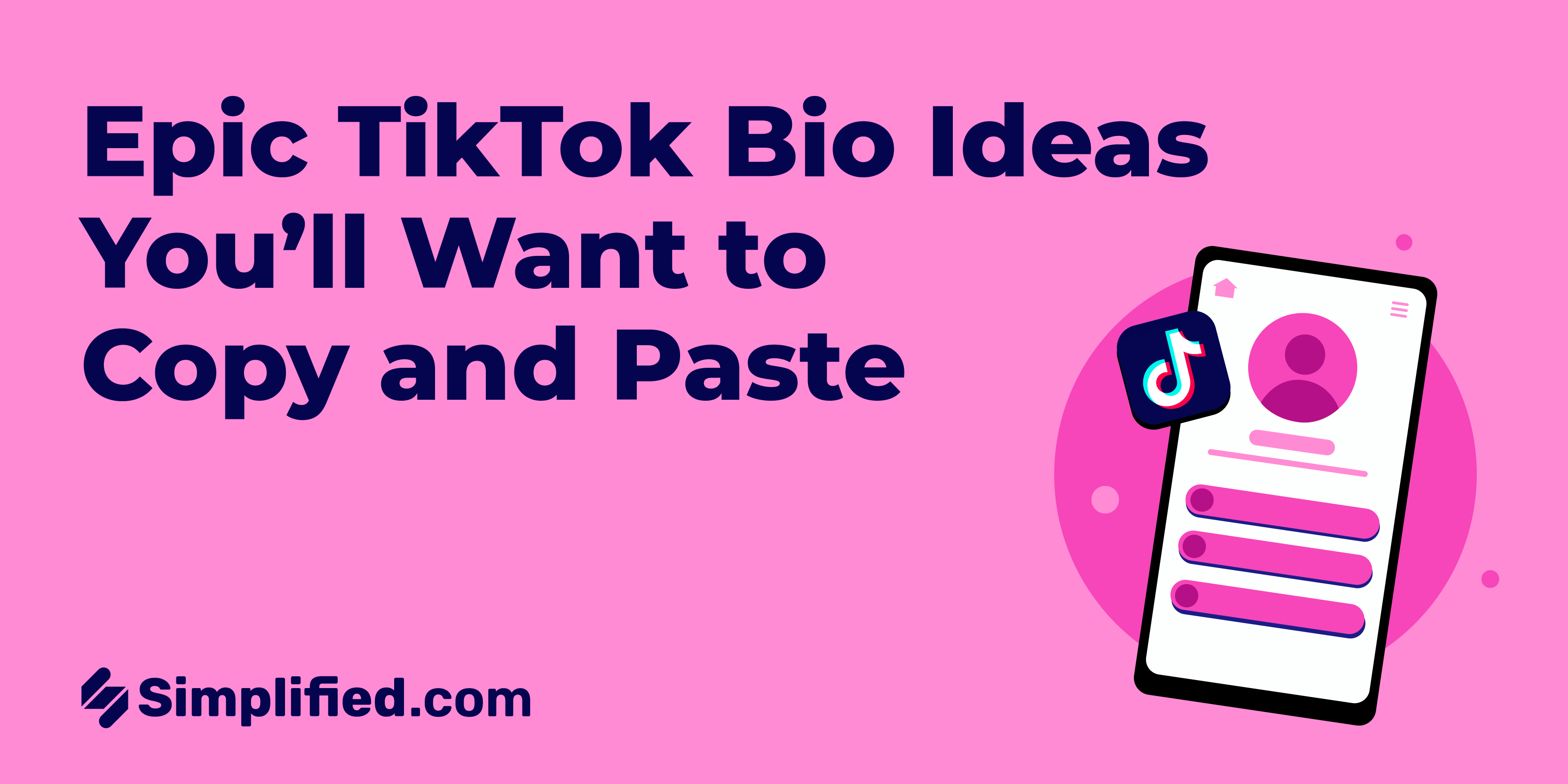Fueling Business Growth through Demand Generation Strategies
In the world of modern marketing, where customer engagement and conversion are paramount, Demand Generation emerges as a strategic beacon, guiding businesses towards sustainable growth.
Understanding Demand Generation:
Demand Generation encompasses a series of marketing tactics designed to create awareness, cultivate interest, and ultimately drive customers towards purchasing a product or service. It focuses on generating demand for what you offer, transforming curious prospects into loyal customers.
The Demand Generation Process:
Awareness Creation:
It begins by casting a wide net to capture the attention of potential customers. Content marketing, social media engagement, and targeted advertising play a pivotal role in this phase.
Interest Cultivation:
Once awareness is established, the goal is to pique interest. This involves providing valuable content, addressing pain points, and showcasing how your product or service can provide solutions.
Lead Nurturing:
As interest grows, leads are cultivated through personalized interactions. Email marketing, webinars, and informative content guide prospects along the decision-making journey.
Conversion and Beyond:
The final step is converting leads into customers. Effective demand generation strategies don't stop here; they continue to foster post-purchase engagement, aiming for repeat business and brand advocacy.
The Role of Content:
High-quality content is the lifeblood of demand generation. Informative blog posts, engaging videos, eBooks, and webinars establish your brand as a valuable resource, building trust and positioning you as an authority.
Leveraging Data and Analytics:
Data-driven insights are crucial for refining demand generation efforts. Tracking metrics like click-through rates, conversion rates, and customer journey behavior enables marketers to fine-tune strategies for maximum impact.
Multi-channel Approach:
Demand generation operates across various channels, from social media and email to search engine optimization and paid advertising. Consistent messaging across these platforms ensures a seamless customer experience.
The Importance of Personalization:
In a world inundated with marketing messages, personalization is a differentiator. Tailoring your communication to individual needs and preferences increases the likelihood of engagement and conversion.
Aligning Sales and Marketing:
Demand generation thrives when sales and marketing teams collaborate. Clear communication and shared goals ensure a smooth transition from lead to customer, minimizing friction in the process.
Conclusion:
Demand Generation isn't a one-size-fits-all strategy; it's a dynamic approach that evolves alongside customer behaviors and industry trends. By creating a holistic strategy that integrates content, analytics, and personalized interactions, businesses can cultivate demand, foster engagement, and cultivate a loyal customer base. It's the engine that propels businesses towards not just immediate conversions but also long-term success.
.webp)













